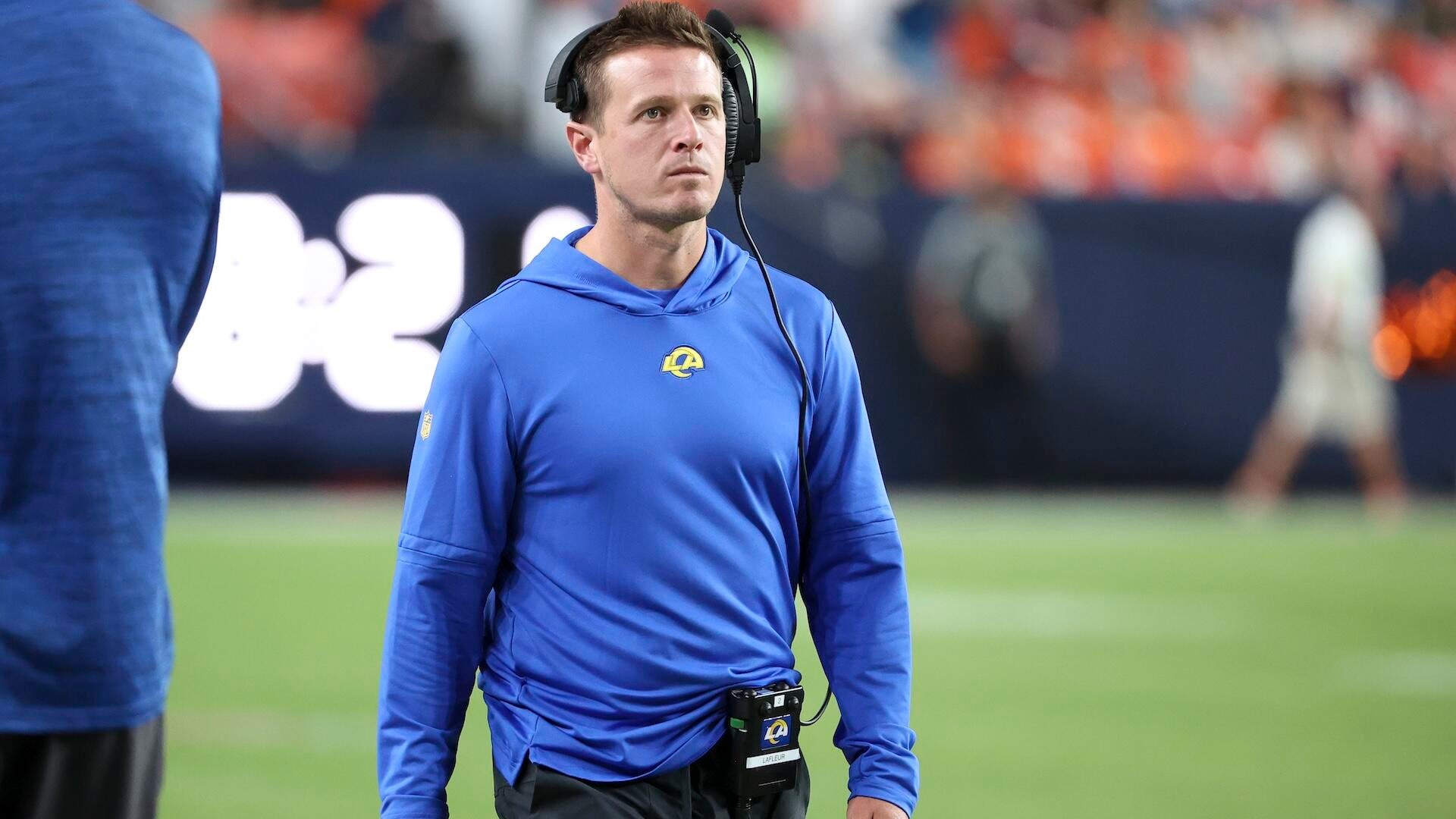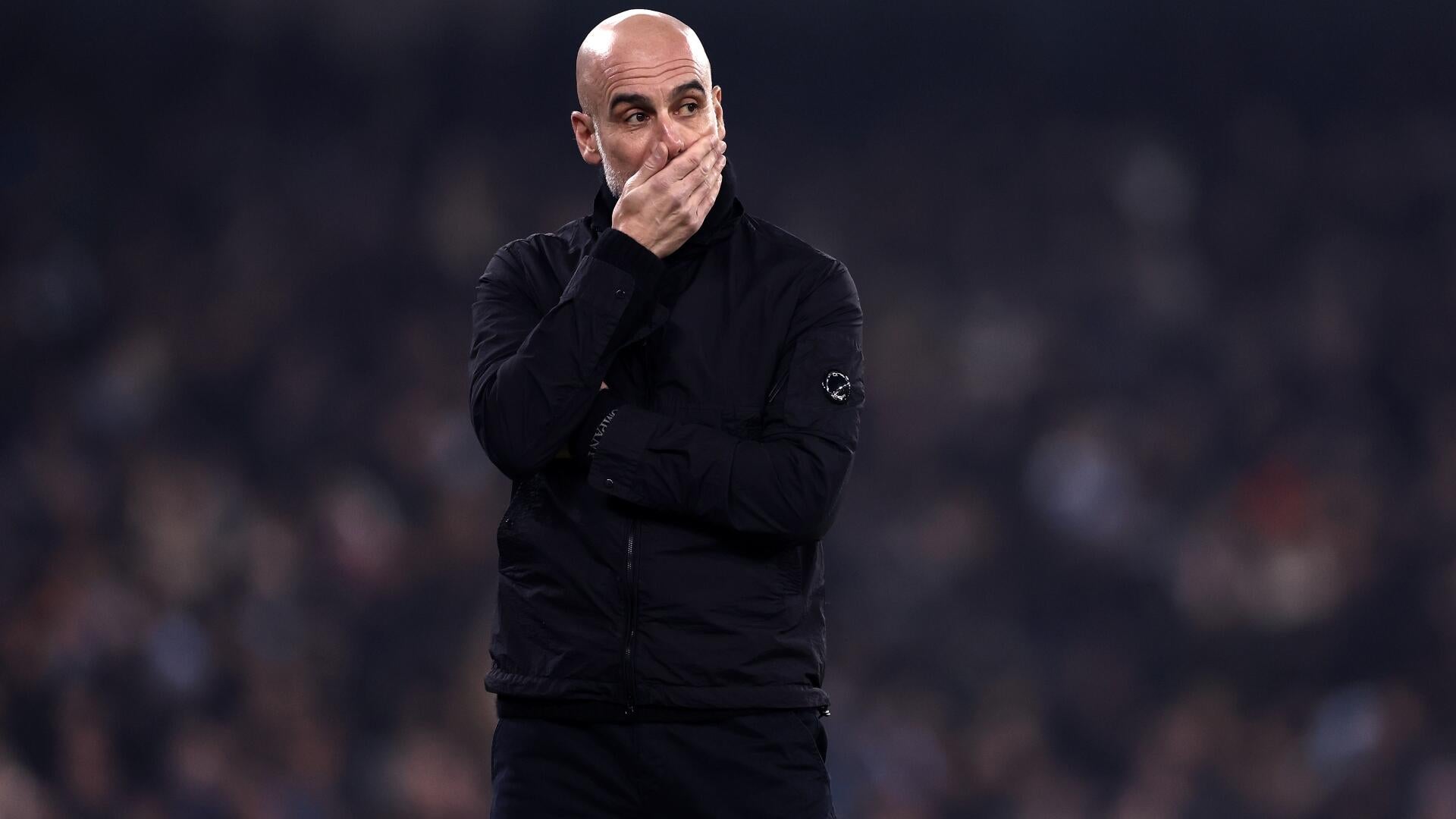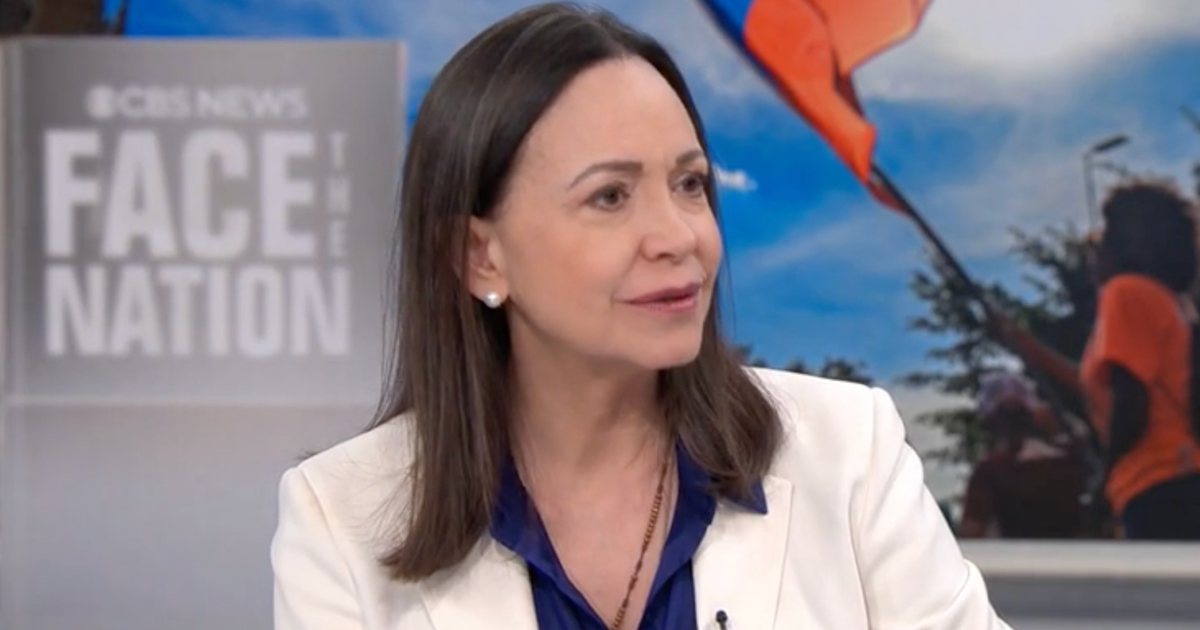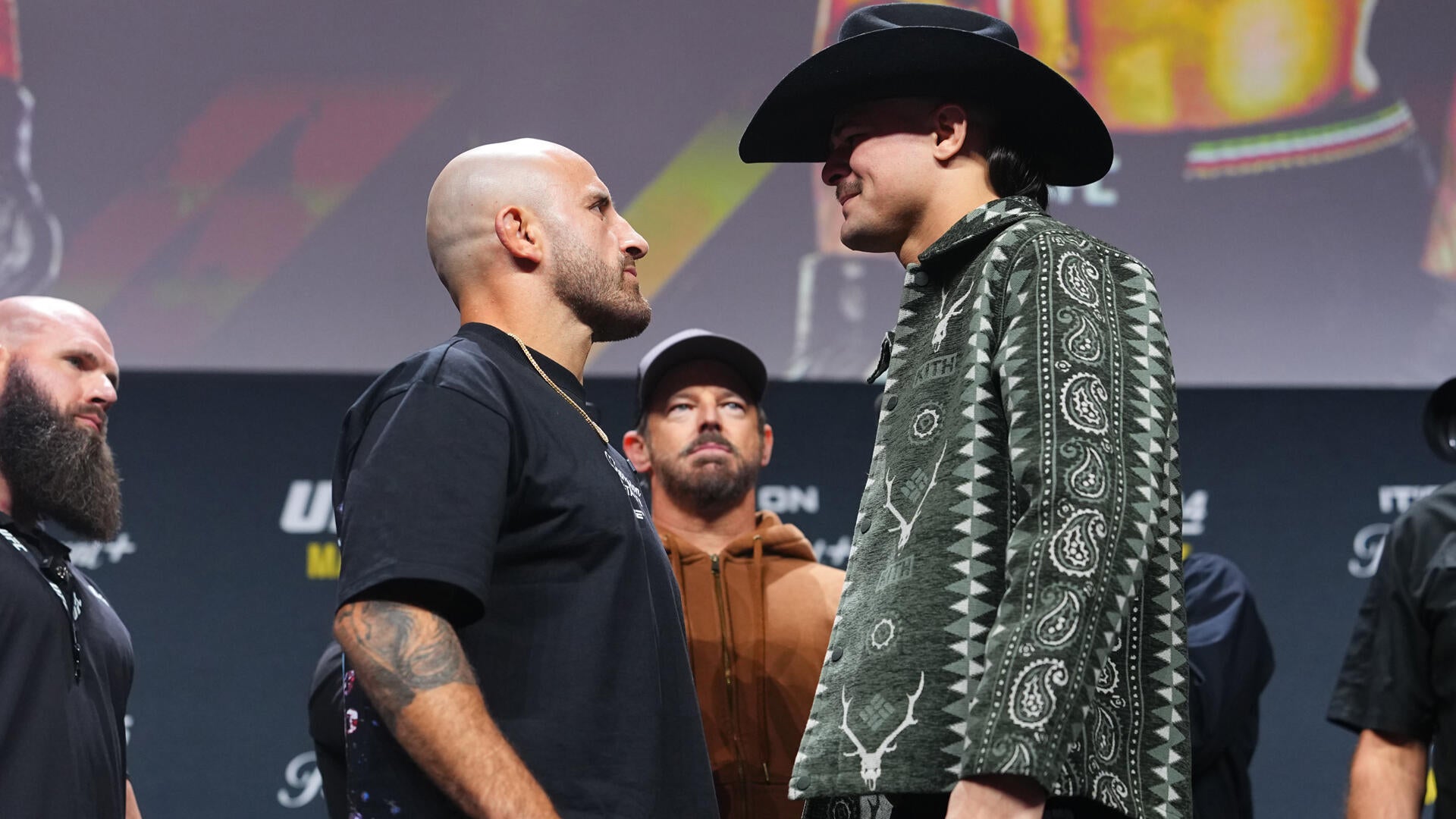

The panelists will review measles vaccine recommendations and discuss a preservative that the health secretary has falsely claimed causes autism.
A scientific meeting on vaccines, which will begin at the Centers for Disease Control and Prevention’s campus in Atlanta on Wednesday, promises to be nothing like previous ones.
Health Secretary Robert F. Kennedy Jr., a longtime vaccine skeptic, fired all 17 members of the agency’s Advisory Council on Immunization Practices just two weeks ago. He replaced them with eight new members, at least half of whom have expressed some skepticism about vaccines.
On Monday, Senator Bill Cassidy, Republican of Louisiana, said on X that the panelists did not have the experience and expertise needed to evaluate vaccines and called for delaying the meeting until the committee was “fully staffed with more robust and balanced representation — as required by law — including those with more direct relevant expertise.
By Tuesday night, one of the eight, Dr. Michael Ross, had stepped down, according to a senior official with knowledge of the situation. Dr. Ross was no longer listed as a member of the committee on the agency’s website.
At the moment, the meeting is likely to proceed as planned.
Over the next two days, the panelists are scheduled to debate the pros and cons of some new vaccines, and to reconsider some questions that were long thought to have been settled. The panel’s decisions may upend the availability of vaccines to the most vulnerable Americans, including young children, older adults and pregnant women.
They will discuss thimerosal, a mercury-based ingredient in vaccines that has been shown in dozens of studies to be harmless. It has not been a component of most childhood vaccines since 2001, yet Mr. Kennedy and other critics have insisted that the preservative may be linked to rising rates of autism.
The advisers will also revisit recommendations for young children to receive the M.M.R.V. vaccine for measles, mumps, rubella and chickenpox, which has been available since 2005.
The committee’s recently revised agenda is “specifically designed to sow distrust in vaccines,” said Dr. Sean O’Leary, chair of the infectious disease committee at the American Academy of Pediatrics.
He and other experts said that no new research would explain raising these topics anew in a federal forum. They worried that Mr. Kennedy was opening the door to withdrawing recommendations for some childhood vaccines.
“What’s the agenda here, when these vaccines have been so well tested in placebo-controlled trials and we have decades of experience with them?” said Dr. Peter Hotez, dean of the National School of Tropical Medicine at Baylor College of Medicine.
“Based on Mr. Kennedy’s history of making false assertions about vaccines,” Dr. Hotez said, “I’m concerned that he’s going to use this mechanism to revisit his pseudoscience agenda.”
Dr. Kathryn Edwards, who studied childhood vaccines for 40 years before retiring from Vanderbilt University, said, “This chaos makes the people who are comfortable with their vaccines lose faith in the vaccination process, and that is really the danger.”
The advisers’ decisions are highly influential. Insurance companies and government programs like Medicaid are required to cover immunizations that the panel recommends, and states base their school mandates on the panel’s guidance.
Despite that, these meetings are generally not high-profile events. They consist of dense technical presentations on the makeup, safety and effectiveness of vaccines, and long debates on issues of cost, equity and access.
This time many aspects of the meeting, such as the range of speakers and the logistics, are peculiar. The panelists were announced barely two weeks before the meeting; usually they are vetted for months, even, years.
C.D.C. staff members who oversee the panel and organize data workshops preceding the meeting were also replaced or reassigned. And the agency does not have a director to sign off on the recommendations, as is the norm.
The workshops have not been held, although it’s unclear whether that’s a deliberate choice or a product of the chaotic circumstances leading to the meeting.
Liaisons from various organizations, such as the American Academy of Pediatrics, were invited Tuesday morning, less than 24 hours before the meeting, but were not provided with a video link.
“I’m just very concerned what is being done to educate these people about the process, to orient them and to provide them with the information that’s valid,” said Dr. Walter Orenstein, a vaccine expert who worked closely with the panel as the director of the National Immunization program from 1988 to 2000.
“I’ve never seen anything like this in my career in vaccinology,” he added.
The committee’s agenda, recently truncated, omits votes on vaccines for Covid-19, human papillomavirus and meningitis, even though they were included in the original agenda. There is no mention of recommendations made by the previous panel that Mr. Kennedy has not yet endorsed in the absence of a director.
Dr. Martin Kulldorff, the panel’s new chair, will present his data on the M.M.R.V. vaccine. Lyn Redwood, a former leader of Children’s Health Defense, the anti-vaccine group founded by Mr. Kennedy, is scheduled to present recommendations on the thimerosal-containing flu vaccine.
Panelists ordinarily listen to presentations — they don’t make them. “This is totally out of the ordinary,” said Dr. Fiona Havers, who resigned last week from her position as a senior C.D.C. adviser on vaccine policy.
A dozen or more C.D.C. scientists typically present data to the panelists. This time, only a few senior scientists are scheduled to present. “Many career C.D.C. staff I spoke with were uncomfortable presenting to the new committee members,” Dr. Havers said.











-3.png)



